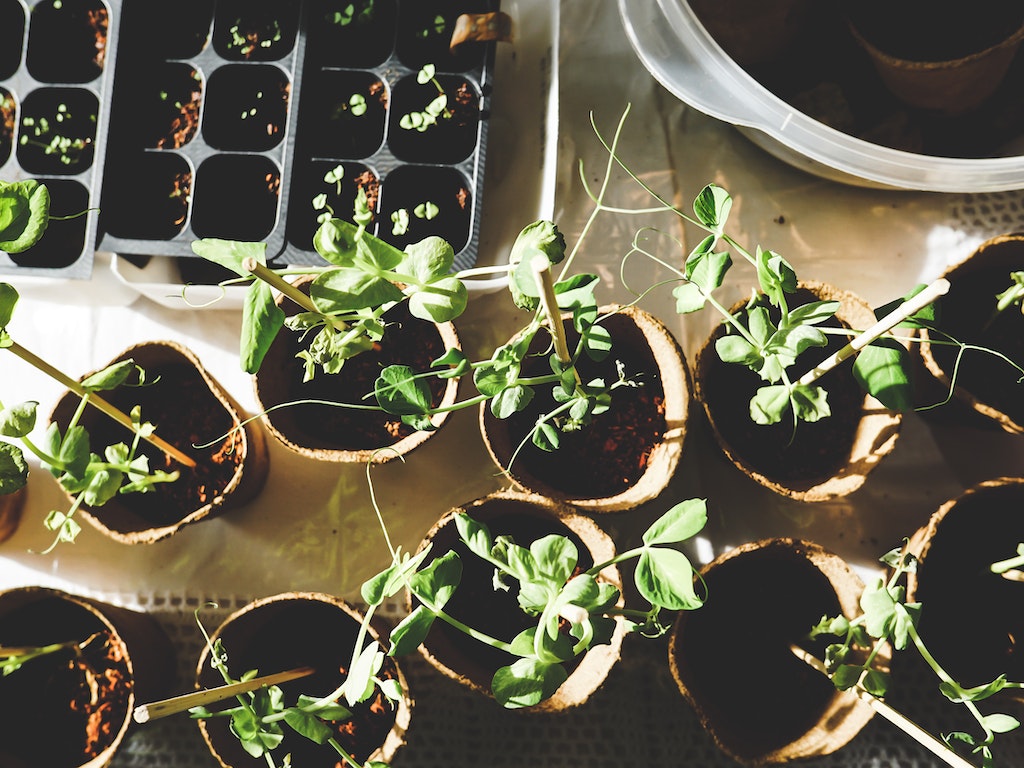
Would you like to plant your first vegetable garden? You’ve come to the right place. Many people think it’s as easy as sticking a few seeds in the ground—unfortunately, it’s not that simple. Here are some helpful tips to consider before you get planting!
Choose the Perfect Location
Ideally, a sunny spot! Most veggies require at least six hours of sunlight per day. While some crops, such as lettuce and spinach, will do well in partially shaded areas, sun-loving plants like tomatoes and peppers need a lot of sunlight.
Keep It Close to Home
Selecting a location near your house will make it easier for you to care for your garden. A garden near your home also makes picking fresh produce for meals more convenient.
Grow Only What Your Family Likes to Eat
Don’t waste your time, energy, and money growing produce that you won’t enjoy or that will go unused. Instead, grow what you and your family like. This will make gardening more enjoyable.
Ensure Access to Water
Nothing discourages a novice gardener more than carrying water to thirsty plants during a heatwave. Consider investing in a high-quality hose with a sprayer attachment or even a drip irrigation system to make gardening more convenient.
Invest in Good-Quality Soil
A thriving garden depends heavily on the soil quality it’s grown in. Soil provides crucial nutrients, stability, and drainage that plants need to flourish. To maximize your garden’s potential, starting with well-draining, sandy loam soil is important.
Enhance the Quality of Your Soil
Ensure your soil has organic matter added to it. You can start by adding compost, leaf mold, or well-aged manure. It’s important to avoid using fresh manure, as it can contain harmful pathogens and potentially harm delicate plant roots. Instead, allow manure to compost for 6 to 12 months.
Seeds or Plants?
Most vegetables can be sown directly. This includes beans, lettuce, carrots, beets, chard, spinach, cucumbers, peas, and squash. Crops that take longer to mature require a head start. Purchase transplants for produce like tomatoes, eggplant, peppers, and melons. You could also start your own seedlings indoors for six to eight weeks before transplanting them outdoors.






